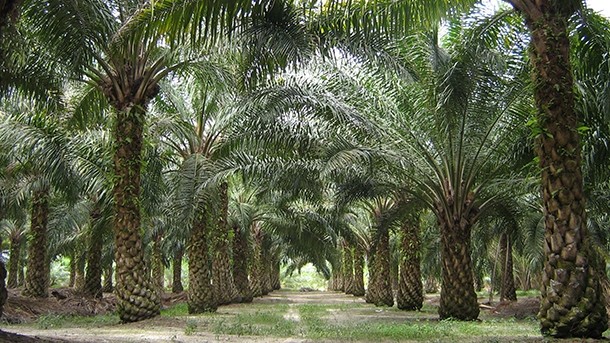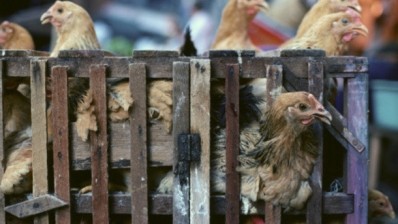Special report: Part II
Indonesia’s plantation war with foreign conglomerates

Part I: Indonesian plantation monopolies under threat
This has always been a touchy topic. Since Dutch colonial times, Indonesia has been in a tug-of-war with foreign investors over who should ultimately benefit from exploitation of Indonesian resources.
The fall of the Soeharto regime in 1998—and the end of its so-called “crony capitalism”—triggered the beginning of a trend towards what was termed resource nationalism.
Since 1999, this has been exacerbated by a well-meaning—but ultimately, slightly flawed—policy allowing for greater fiscal and legislative powers at the regional level, which should receive a bigger slice of the regional resources pie.
The regencies have developed into their own law-making, and taxing, fiefdoms. And the plantation industry, together with the mining industry, have been hardest hit.
On the face of it, the current restriction on foreign investment in the plantation industry generally to 95% does not look too serious. However, reading between the lines of the existing regulations, there are actually many more hurdles involved.
The Indonesian shareholder must have proven experience in the plantation industry. Nominee arrangements, while not criminal, have been unenforceable since 2008. In other words, in the context of resource nationalism, it is not possible to create an artificial partner to get around investment requirements.
Most foreign investors accept this and, indeed, it does not seem unreasonable that 5% of the plantation should be reserved for local interests.
Aside from the 95% foreign investment limitation, there are two other issues currently facing foreign investors in the Indonesian plantation industry:
- the so-called “plasma” requirement. Under law, plantation owners—whether foreign or local—are required to give the benefit of 20% of the plantation to the local community. This comes in various forms, but will usually involve the foreign investor procuring bank credit, assisting in the development of plantation facilities for the local community, and buying fresh fruit bunches from the local community—the price of which will then be offset against any loan repayments by the foreign investor; and
- the corporate social responsibility requirement. Indonesia was at the forefront in legislating a CSR requirement in the new company law of 2007, but this has long been expected of plantation owners—whether foreign or local—and is sometimes included as a condition in the plantation business licence. Practically speaking, CSR may take various forms, but commonly involves providing schools, mosques and infrastructure to the local community, along with guaranteed electricity and water supplies.
The Ministry of Agriculture’s proposals take this one step further. Holders of plantation business licenses (IUPs) for processing only (that is, those not operating plantations) will be required to undertake phased divestment of shares to a plantation cooperative, commencing with 5% in the fifth year of commercial production and rising to 51% by the tenth year.
In other words, if a plantation investment is limited to processing alone, a controlling interest in the plantation mill will need to be divested within 10 years—no doubt, after stumping up most of the capital to get the mill up and running.
For the most part, foreign investors invest in a plantation plus a mill, which appears to exempt them from the proposed divestment obligation. There are a few who invest only in mills, but for the most part this is an area in which Indonesian conglomerates invest.
In this sense, the MOA’s proposals for the plantation industry far exceed what is facing the mining industry. In the mining industry, the government is specifically tackling foreign investment, but leaving Indonesian mining conglomerates alone.
For plantations, the battle is on with both foreign investors, and local conglomerates.

















